La nueva Medellín (2016)
Жанр : документальный
Время выполнения : 1Ч 25М
Директор : Catalina Villar
Краткое содержание
Juan Carlos and his friend Manuel were still teenagers when Catalina Villar first filmed them 18 years ago in Medellin which, at the time, was the most violent city in the world. Soon after, Juan Carlos, the poet, was killed. On the eve of a time of fragile peace, his illiterate parents seek legal compensation. Manuel, who has become the leader of his neighbourhood, is confronted to the paradoxes of urban modernization in a city that has transformed too quickly. The ghost of Juan Carlos rises as a shield against oblivion.
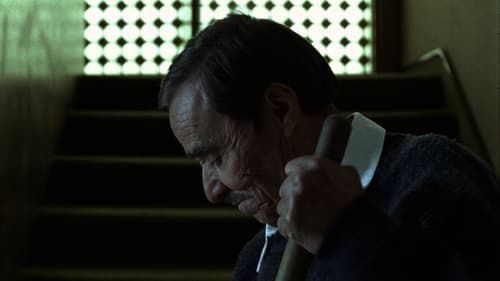
Бето - сторож дома в Мехико, в котором уже несколько лет никто не живет. Он поддерживает в доме чистоту и порядок. Одиночество последних десяти лет, а также однообразие работы формируют его замкнутый образ жизни. У него развивается патологический страх к внешнему миру, вплоть до того, что его контакты ограничиваются лишь двумя людьми: хозяйкой дома, к которой он чувствует благодарность и уважение, и Лупе, его подругой и любовницей. Новость о том, что дом вскоре будет выставлен на продажу ставит Бето перед дилеммой: стоит ли ему оставаться жить в доме или нужно искать способ сохранить его одиночество.

A cup of coffee, a cigarette. A coin, another cup of coffee. Patients roam the halls. They walk alone. Waiting. Another smoke, a burning cigarette. Therapies that appeal to the senses. Routines that pull them back to reality. It's life repeating itself at psychiatric hospital spaces'. Lucidity and madness live together. From the outside world comes an actor in search of his character for a theatre play, diving into the inner world of schizophrenia. Patients are part of the creation of the character. Amidst the haze, the actor finds a poem by Ângelo de Lima, an alienated. The theatre character is born. Cinema documents it.

Four peoplebound by the common thread of a deeply personal losstake to the road at a pivotal moment in their lives, hoping to move ahead. Along the way they unexpectedly intersect with one anotherthe result of which forever alters their understanding of brotherhood, friendship, and love.
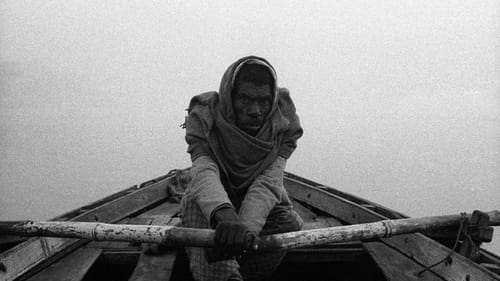
In a series of small portraits, Gianfranco Rosi depicts life on and along the banks of the Ganges River. The director’s first film documents the boat trip he took along India’s sacred river with his helmsman, Gopal. They pass tourists and locals, witnessing them bathe, work, or meditate. The film captures the imagination of the endless circle of life and death, which is rooted in the lives of the Indian people, and is convincingly manifested in the way they bid farewell to the dead.

Constructed from a wealth of archival footage, the documentary follows Dr. Martin Luther King, Jr. from 1955 to 1968, in his rise from regional activist to world-renowned leader of the Civil Rights movement. Rare footage of King's speeches, protests, and arrests are interspersed with scenes of other high-profile supporters and opponents of the cause, punctuated by heartfelt testimonials by some of Hollywood's biggest stars.

Паола и две ее старшие сестры растут в патриархальной семье, чья жизнь строится вокруг церкви и подчинена маленьким ежедневным ритуалам. Стремительно меняющийся мир не укладывается в мировоззрение родителей. Папа сестер — католический священник, а их мама верит в собственные видения и предсказывает будущее по исходу игры в домино. В этой обстановке Паола взрослеет, идет в школу, заводит друзей и влюбляется, и постепенно все лучше и лучше разбирается в себе, осознавая свои истинные желания.

В конце 1960-х Эвита приезжает в Мозамбик, чтобы выйти замуж за Луиша, студента-математика, который там исполняет воинскую службу

Estefânia is an old, rich, strict catholic woman, and when she sets her eyes on a couple of servants who have no means to bring up properly their youngest son, António, she decides to move her influences in order to make a priest out of him. The parents accept it, the local priest and even the Seminar's rector accept it, and António accepts it - if not for piety, for obeyance to his parents. Once time goes by, and António is out of rural misery and into the prison-like system of a seminar, doubts and anguishes mount within him.

A meeting in an empty roadside café-restaurant. A man in his sixties is waiting. A young woman enters, she seems tired, weighed down with her backpack, and her whole life inside it. He offers to take her a part of the way. She accepts.

Nuno is a man working at a hot dog stand, who also invented a machine which promises to revolutionize the shoe industry- a foot scanner. In the middle of a gasoline embargo and finding himself in a strange predicament, Nuno becomes mysteriously confined to his car, finding his life suddenly embargoed.

Until the late 1970s, the Pakistani city of Lahore was world-renowned for its music. Following the Islamization of Pakistan, many artists struggled to continue their life's work. Song of Lahore turns the spotlight on a group of stalwart musicians that kept playing and ultimately attracted listeners from around the world.
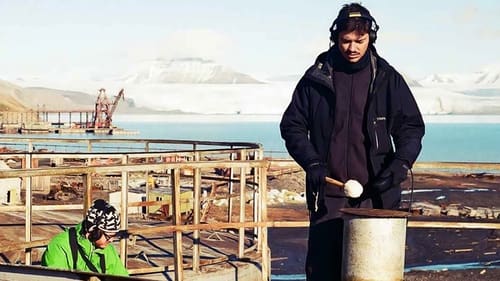
Efterklang goes to an old Russian mining town, Piramida, to get inspired for their new album.

In the heart of Tel Aviv, there is an exceptional school where children from forty-eight different countries and diverse backgrounds come together to learn. Many of the students arrive at Bialik-Rogozin School fleeing poverty, political adversity and even genocide. Here, no child is a stranger. The film follows several students' struggle to acclimate to life in a new land while slowly opening up to share their stories of hardship and tragedy.

A cameraman and a soundman arrive in Corvo in 2007, the smallest island in the archipelago of the Azores. Right in the middle of the Atlantic Ocean, Corvo is a large rock, 6km high and 4km long, with the crater of a volcano and a single tiny village of 440 people. Gradually, this small filming crew is accepted by the island’s population as its new inhabitants, two people to add to a civilization almost 500 years old, whose history is hardly discernible, such is the lack of records and written memories. Shot at a vertiginous pace throughout a few years, self‐produced between arrivals, departures and coming‐backs, “It’s the Earth not the Moon” develops as the logbook of a ship, and turns out as a patchwork of discoveries and experiences, which follow the contemporary life of a civilization isolated in the middle of the sea. A long atlantic film‐odissey, divided in 14 chapters, that combines anthropological records, literature, lost archives, mythological and autobiographical stories.
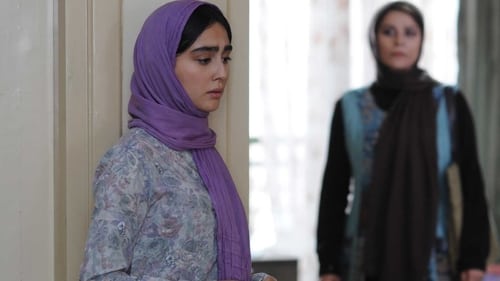
Tehran's air pollution has reached maximum levels because of thermal inversion. Unmarried 30-something Niloofar lives with her aged mother, and stays busy with her alterations shop. When doctors insist that her mother must leave smoggy Tehran for her respiratory health, Niloofar’s brother and family elders decide that she must also move away to accompany her mother. Now Niloofar is torn between family loyalty and living her own life. As the youngest she has always obeyed their orders. Can she stand up for herself this time?

Shaken by a divorce in the 1920s, Portuguese poetess Florbela Espanca uses her writing to deal with her tumultuous relationship with men, eroticism and love.

The bizarre history of Filipino B-films, as told through filmmaker Andrew Leavold's personal quest to find the truth behind its midget James Bond superstar Weng Weng.

The world is a wonderful stage, but its characters are disgraceful.
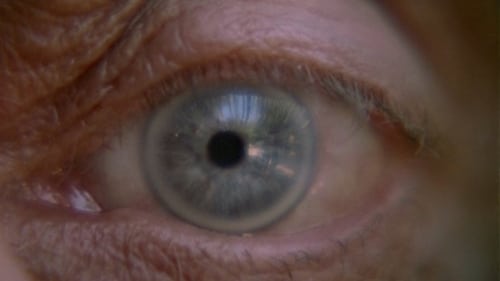
João Vuvu, lives alone in a house that requires regeneration but due to being alone he is unable to do the work. On his son's release from prison and João's ensuing deception triggers a series of somber events.

The story of Father Antonio Vieira, a 17th-century Portuguese priest who lived in Brazil and worked for better treatment of the Indians and to abolish slavery.










